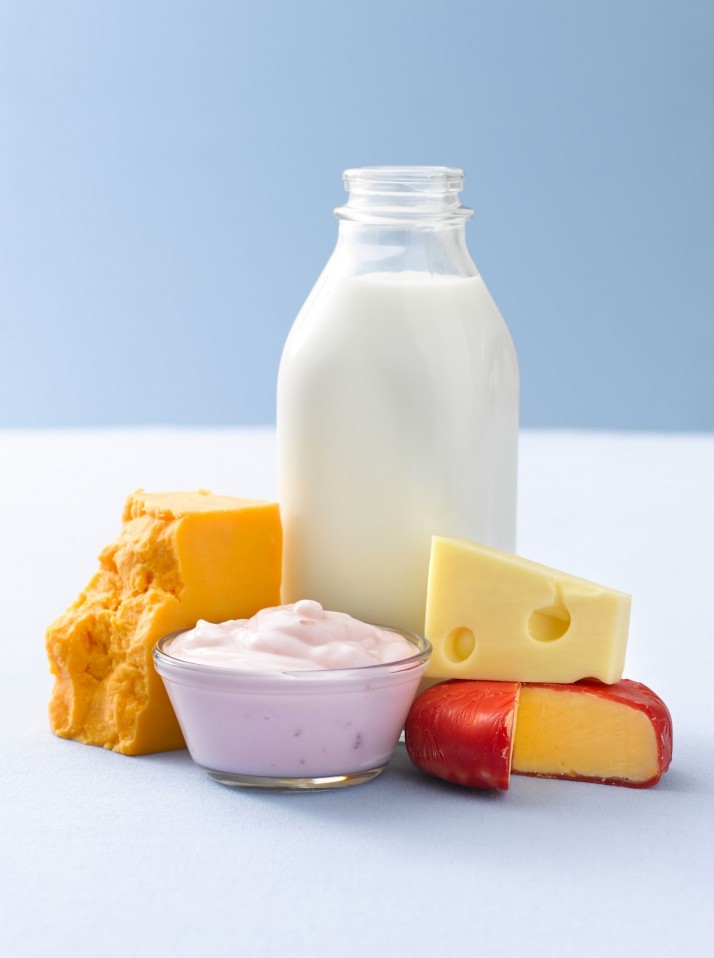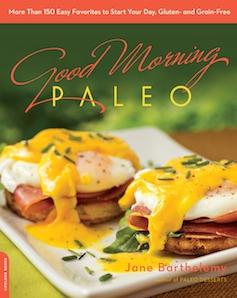Between 30 and 50 million Americans are lactose intolerant. Some people who avoid dairy are allergic to the dairy proteins themselves and must avoid all dairy products, including milk, cheese, butter, cream cheese, cottage cheese, sour cream, ice cream, whey and casein. Others avoid dairy because they lack the enzyme lactase, which digests milk sugar, lactose.
What are the symptoms of lactose intolerance? Immediately after consuming milk, signs and symptoms of a milk allergy might include:
- Hives
- Wheezing
- Vomiting
These signs and symptoms may take more time to develop:
- Coughing or wheezing
- Runny nose
- Watery eyes
- Diarrhea
- Abdominal cramps
- Loose stools, which may contain blood
- Itchy skin rash, often around the mouth
- Colic, in babies
But people with lactose intolerance aren’t the only ones who need to avoid dairy. In the past, many doctors told arthritis patients that dietary changes would not help them. However, this conclusion was based on older research. New research shows that foods may be a more frequent contributor to arthritis than is commonly recognized. It is clear that, at least for some people, a healthier menu is the answer.
According to the physicians Committee for Responsible Medicine, dairy foods are one of the principle triggers of joint pain, and the problem is the dairy protein, rather than the fat, so skim products are as much a problem as whole milk.
When you consume dairy products and experience an allergic reaction, your immune system produces various chemicals that affect your soft tissue. This reaction in the body can trigger inflammation and swelling in your joints, triggering arthritis pain. The most effective way to prevent an arthritis flare-up with a dairy allergy is to eliminate all milk products from your diet.
The inflammatory reaction is implicated in other medical conditions and many find releif after eliminating dairy from their diets.
Inevitably when you cut back on dairy, someone will raise the question of the need for calcium to keep your bones strong.
New York Times Food Writer Mark Bittman gave up milk and experienced immediate relief from a life long affliction of acid reflux. He addresses the calcium question.
“Osteoporosis? You don’t need milk, or large amounts of calcium, for bone integrity,” said Bittman. “In fact, the rate of fractures is highest in milk-drinking countries, and it turns out that the keys to bone strength are lifelong exercise and vitamin D, which you can get from sunshine. Most humans never tasted fresh milk from any source other than their mother for almost all of human history.”










